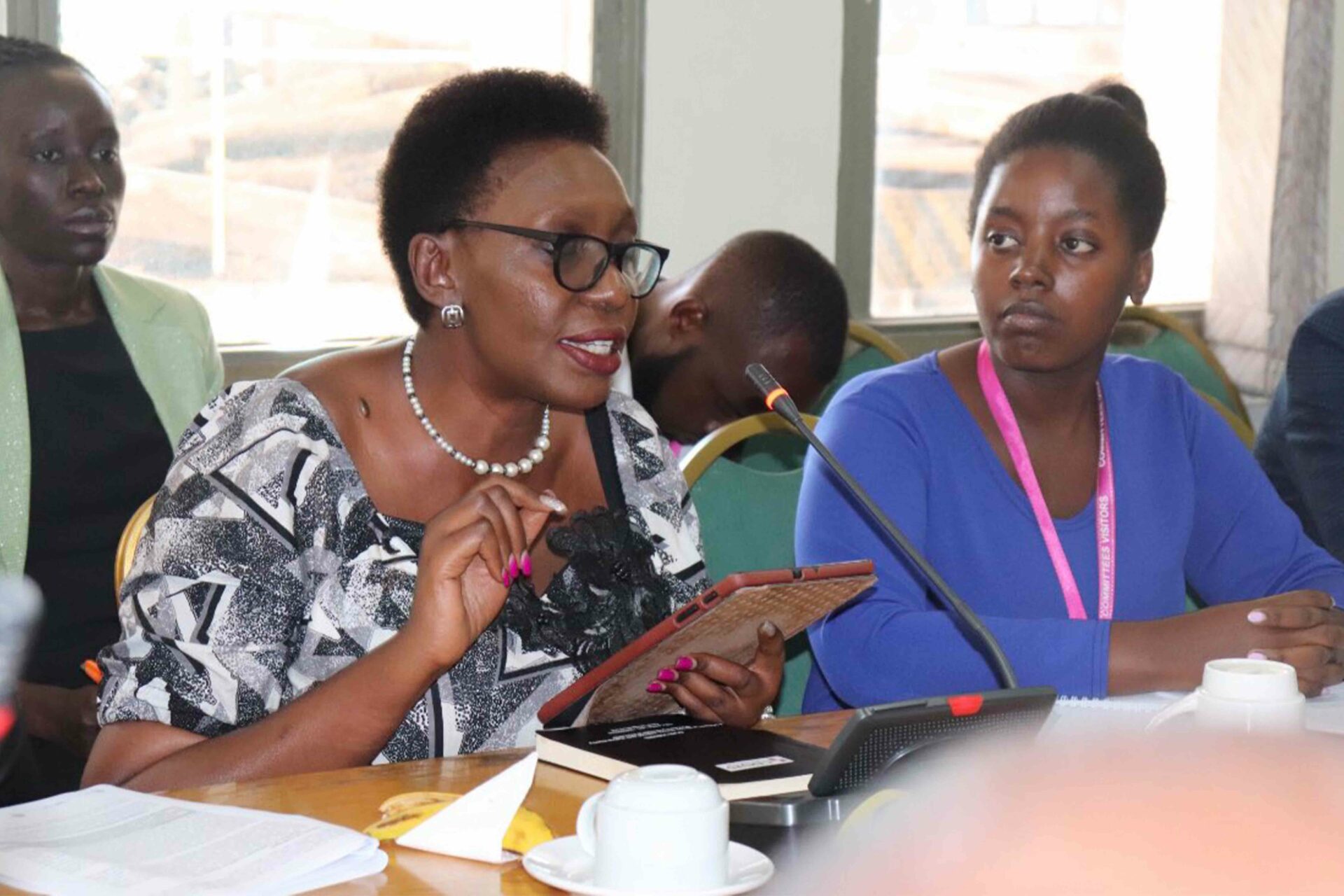
The Government and Civil Society Organizations (CSOs), throughout Uganda’s turbulent past, have had a love-hate relationship, with both institutions playing crucial roles in advancing the aspirations of the people and meeting the country’s development needs.
One such function is in the national budget process, where the government identifies and allocates funds on the basis of its national priorities, through the executive and legislative arms, occasionally inviting participation from civil society and the public.
The Food Rights Alliance (FRA) has and continues to play a pivotal role in budgeting. FRA was founded in Uganda in 1999 to advance rights to food: towards the realization of a world free from hunger and malnutrition, as we push for sustainable systems for food justice for all.
During this cycle, the Food Rights Alliance, together with its sister CSO partners, engaged the government in numerous budget processes, to promote an improved budget for agricultural, food, and nutrition financing for the Financial Year 2023/24.
Such effort included engagement in the review of the National Budget Framework Paper or the next Financial Year, which eventually led to the development of position papers in response to the ministerial policy statements on agriculture;
The products, the two CSO position papers on nutrition, and on agro-industrialization, highlighted key sectoral issues requiring urgent and adequate government prioritization and financing, presented to Parliamentary Committee on Agriculture in 6th March 2023.
The CSO position paper on the Agro-Industrialization Program, addressed itself to financial, regulatory and quality gaps, affecting the agricultural sector, ranging from issues of irrigation, extension services, and poor postharvest handling methods which undermine agricultural production and productivity in Uganda;
“Uganda faces numerous climate-related changes, particularly prolonged droughts which impede all year-round production for farmers. The government through the Ministry of Agriculture, Animal, Industry, and Fisheries (MAAIF) and the Ministry of Water and Environment (MWE) has made progress in producing on and off-farm water for production,’’ the position paper reads in part, adding that:
“However, we are concerned about the absence of a national strategy or plan to guide investments in water for agricultural production, especially among small-scale farmers. The review of the MPS FY2023/24 shows that MAAIF has abandoned the finalization of the irrigation master plan and is proposing to attain a legal framework for irrigation. While this legal framework is necessary, it does not negate the need for the Irrigation master plan to coordinate investments in water for agriculture production and productivity.”
The paper goes on, in regards to irrigation, to make recommendations that Parliament tasks MAAIF to finalize the process of developing the National Irrigation Master Plan, as first directed by its committee. The same ministry is also asked to develop the regulatory Impact Assessment (RIA) for a comprehensive irrigation bill as initially proposed.
For the nutritional policy position paper, the concern is placed around the low production and consumption of diverse foods among children under five years and women of productive age, the promotion of breastfeeding in public and private institutions, the weak nutrition governance system in Uganda, weak policy, legal and regulatory framework for nutrition and among others, the inadequate financing for agricultural research and technology development, provided to organizations like NARO.
The position paper developed by CSOs, where FRA played a lead role, notes that with only seven years left to meet Sustainable Development Goal (SDG) Two; on zero hunger and combating all forms of malnutrition by 2030, Uganda must take a deliberate effort to allocate resources for nutrition interventions and implement, track, and report on nutrition outcomes to achieve this goal.
Still, the paper observes that about five out of seven nutrition-implementing Ministries, Departments, and Agencies in Uganda highlight nutrition actions at objective and output levels in their plan of action next Financial Year, but lack specific activities, indicators, or budgets to achieve these stated objectives.
“We, therefore, urge the government of Uganda to prioritize investment in the implementation of nutrition outcomes to attain a well-nourished, healthy, and productive population that effectively participates in the social-economic transformation of Uganda. As Non-State Nutrition Actors, we commit to continue complementing government efforts to improve the food and nutrition situation in Uganda.” the paper concludes.
Through its involvement in the budget process, the FRA invests in influencing the Uganda Government to be responsive and accountable to its citizens. FRA engages in budget advocacy to influence national budget allocations, utilization, and performance.
It’s worth noting that the Alliance, works particularly, along the budget cycle, undertaking technical analyses and reviews of budget documents to ensure that national budgets address priority issues that affect the most vulnerable populations in Uganda.
On 6th April 2023, CSOs led by FRA met the Parliamentary Committee on Agriculture to present their position. Through this engagement, the Committee took note, and pledged to put the recommendations to consideration.
They also affirmed their commitment to advocating for improved investment in food security interventions. The public, therefore, awaits to see this implemented in the National Budget for FY 2023/24 that starts next month in June.
It’s worth stating that Agriculture is the cornerstone of Uganda’s economy. It’s the main source of livelihood and accounts for over half of the exports, employing more than 64 percent of the population.
An analysis of the Ministerial Policy Statement on agriculture projects that the sector is likely to receive UGX 524.89 billion of the programs budget, the Local governments on the other hand shall receive UGX 120 billion, National Research Organization (NARO) UGX 101 billion, and Ministry of Water and Environment UGX 132 billion.
By Claire Atukunda
Program Manager Food Governance
